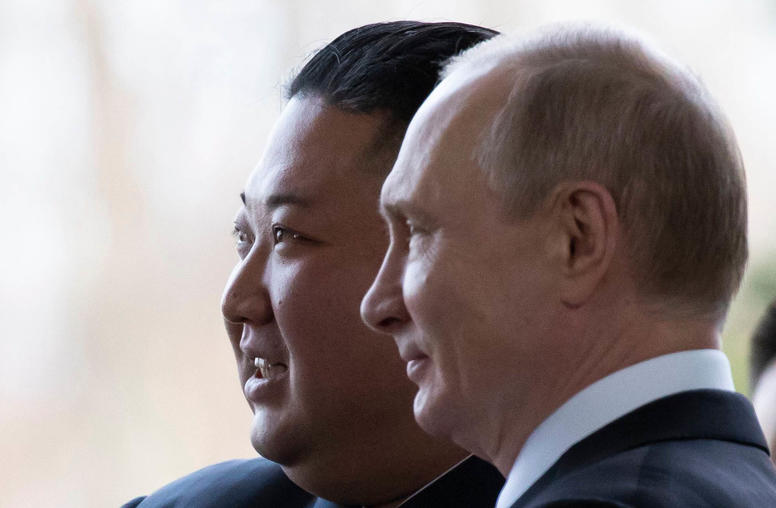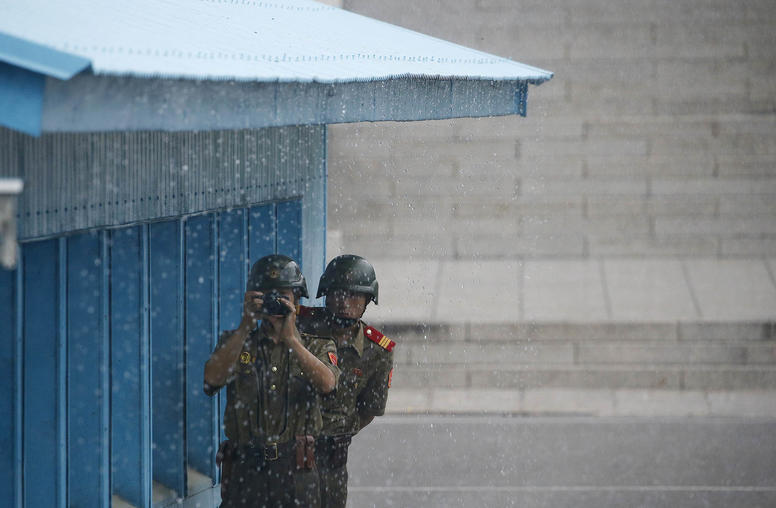Sanctions and/or Engagement: How to Change North Korean Behavior
This joint Asia Society-U.S. Institute of Peace event, which took place in New York, explored how financial sanctions and/or engagement could change North Korean behavior. Admission fee is required.
*Attendance fee is required: $7 for Asia Society members, students, and seniors. $11 for nonmembers.
Passed in response to North Korea's second nuclear test on May 25, 2009, United Nations Security Council Resolution 1874 has been implemented robustly in terms of its financial sanctions provisions. On the eve of its adoption, Susan Rice, the U.S. Ambassador to the U.N., stated, "This sanctions regime, if passed by the Security Council, will bite, bite in a significant way."
This joint Asia Society-U.S. Institute of Peace event explored how financial sanctions -- an important policy tool for the Obama administration thus far -- and/or an emerging engagement strategy could change North Korean behavior.
Daniel Glaser, deputy assistant for Terrorist Financing and Financial Crimes at the U.S. Department of the Treasury, discussed the specific objectives of, and progress with, the implementation of the U.S.-led financial sanctions. John Park, senior research associate at the U.S. Institute of Peace, examined the potential impact of financial sanctions on North Korea. John Delury, project director of "North Korea Inside Out: The Case for Economic Engagement," a joint Asia Society-University of California Task Force, presented key findings of the task force's new report.
Speakers
- Daniel Glaser
Deputy Assistant Secretary for Terrorist Financing and Financial Crimes, U.S. Department of the Treasury - John Park
Senior Research Associate & Director, Northeast Asia, U.S. Institute of Peace - John Delury
Associate Director, Asia Society Center on U.S.-China Relations - Mike Kulma, Moderator
Director of Policy Initiatives, Asia Society



